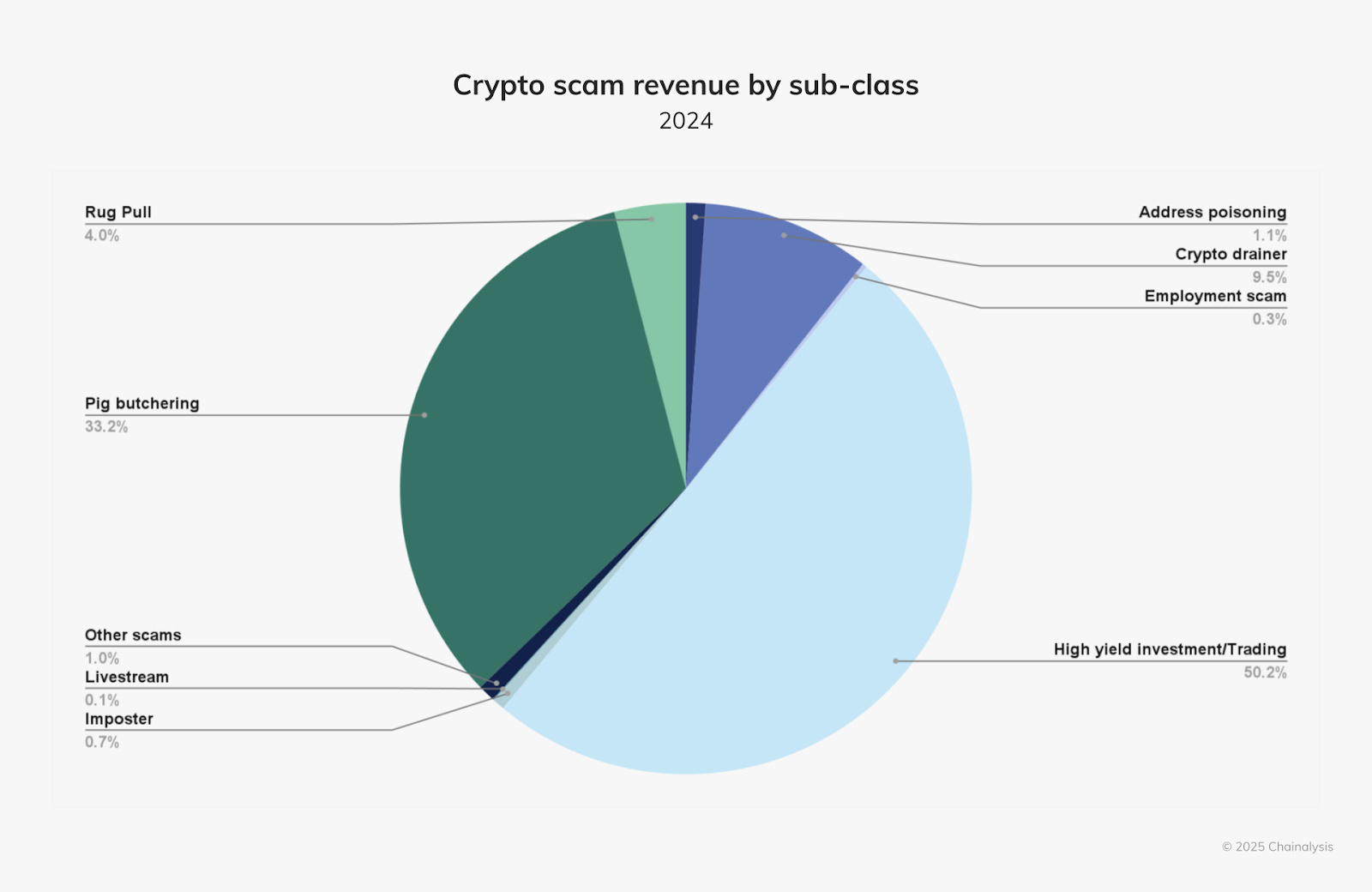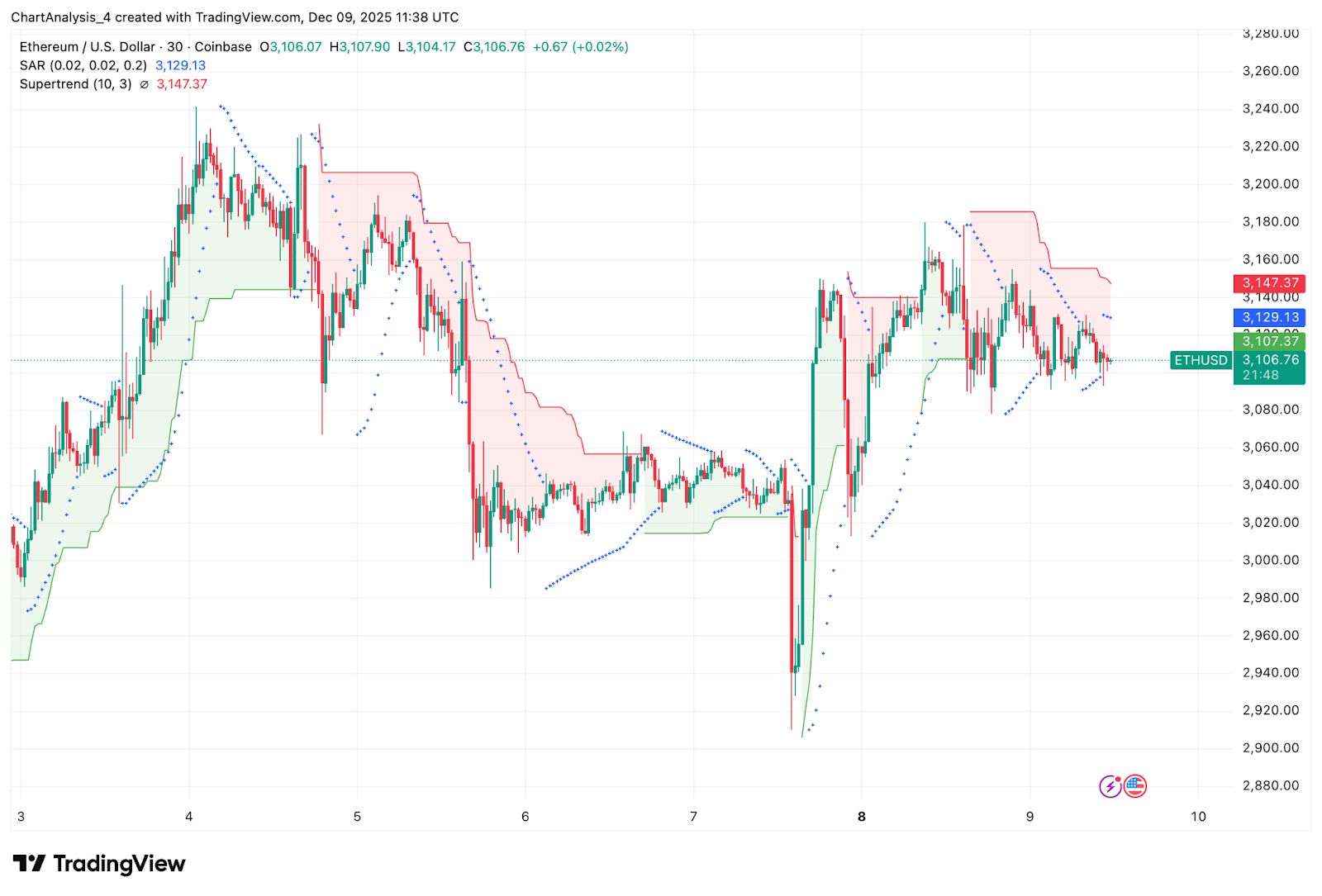Cboe needs everyone on Main and Wall Street to know that it is serious about extending trading floor’s window for options, as it filed a proposal with the Securities and Exchange Commission (SEC) on Monday asking to stretch operations beyond the usual 9:30 a.m. to 4 p.m. session.
If approved, Cboe would include a morning session from 7:30 a.m. to 9:25 a.m. New York time and an afternoon session from 4 p.m. to 4:15 p.m., the filing shows.
The company said this would align with growing global demand and reflect what’s already happening across equity exchanges, which are extending their hours to match activity in Europe and Asia.
Cboe, one of the largest derivatives venues in the world, wants to give investors a way to react faster to international market events and manage volatility even when Wall Street’s lights are off.
Equity option volumes have surged in recent years alongside the growth of retail investors and zero-day to expiry contracts. Volume climbed 68% to 1.29 billion contracts in September from 763 million two years earlier, according to Options Clearing Corp. data.
Cboe expands access with selective rollout plan
Unlike full-scale stock exchanges, Cboe isn’t flipping the switch for every contract. The exchange plans to limit the extended sessions to select equity options, chosen by metrics like volume, market capitalization, and share activity.
This cautious rollout, detailed in its SEC filing , focuses on the most active products to ensure liquidity. Cboe also said in a statement that:-
“Offering select equity options during these extended hours will help align the options market with the underlying equities and give investors more flexibility to manage risk and adjust positions outside of the traditional trading day. We view this as an incremental but meaningful step in light of the broader evolution towards 24×5 trading.”
Infrastructure prepares for full-day US trading
For 24-hour trading to officially happen across major exchanges like Nasdaq and the New York Stock Exchange, the US market’s clearing and data infrastructure needs to catch up.
That responsibility falls to the Depository Trust & Clearing Corp. (DTCC) and the Securities Information Processors (SIPs), and the DTCC has already announced it will start clearing equity trades during additional hours beginning in the second quarter of next year.
The SIPs, meanwhile, are preparing to extend data-feed processing to nearly 24 hours a day, five days a week, ensuring real-time price and quote updates during the new trading windows, according to Bloomberg.
“We are thrilled to be one step closer to expanding global access to US exchange liquidity,” Jon Herrick, chief product officer at NYSE, said in an emailed statement.
Right now, only brokerage platforms such as Robinhood and Interactive Brokers offer their clients 24-hour, five-day access to US stocs. They route these trades through off-exchange venues like Blue Ocean and Bruce Markets, which act as alternative trading systems operating outside traditional market hours.
Once DTCC and SIPs fully synchronize their systems, Cboe, Nasdaq, and NYSE will be able to bring that same flexibility onto regulated exchanges.
Meanwhile, the Dow Jones Industrial Average closed on Monday 515.97 points, or 1.12%, higher at 46,706.58. The S&P 500 also climbed 1.07% to settle at 6,735.13, while the Nasdaq Composite advanced 1.37% to settle at 22,990.54.
This week, several large companies are expected to report quarterly results. Netflix, Coca-Cola, Tesla and Intel are among the names on deck. Investors hope that earnings will continue to come in strong, possibly overshadowing any macroeconomic challenges.
The smartest crypto minds already read our newsletter. Want in? Join them .


